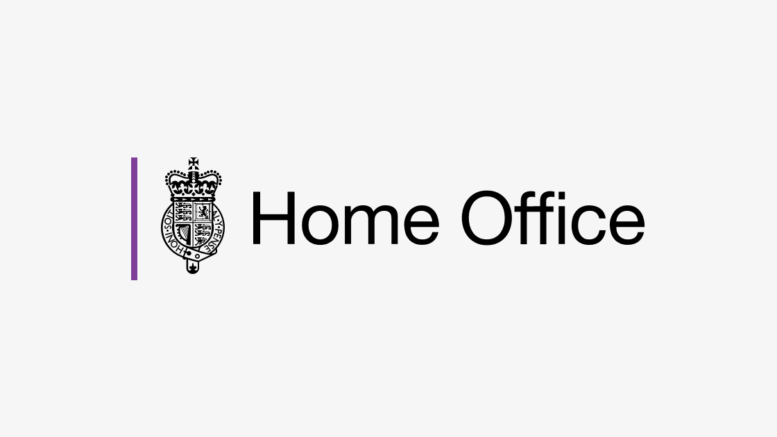Landlords should ensure that no prospective tenants are discouraged or excluded from renting, either directly or indirectly, because of their race including skin colour, nationality or ethnic or national origins, nor because of any other of nine ‘protected characteristics’.
So advises a proposed amended Code of practice for landlords: avoiding unlawful discrimination when conducting ‘right to rent’ checks in the private rented residential sector which it has just published for comment within just two weeks.
The full list of ‘protected characteristics’ are: age; disability; gender; reassignment; marriage or civil partnership; pregnancy and maternity; race; religion or belief; sex; and sexual orientation.
Landlords should be consistent in how they conduct right to rent checks on all prospective tenants, including those whom they believe are more likely to be British citizens, the guidance confirms.
It also advises that when advertising properties to rent, landlords ‘could state that all prospective tenants will need to satisfy the right to rent checks and ensure that all prospective tenants (not just some of them) are asked to provide documentary proof of their right to rent’.
And if landlords provide information to prospective tenants, or supply an information pack, ‘they could also include a reminder that the successful tenant, or short-listed tenants, will be required to evidence their right to rent either digitally via the Home Office online checking service, or manually via original, acceptable documents as detailed in the list of acceptable documents’.
Landlords should also be careful not to discriminate among prospective tenants on the basis of the nature and format of the evidence they present of their right to rent.
• The Home Office has also updated its guidance setting out landlord responsibilities to conduct right to rent checks.






